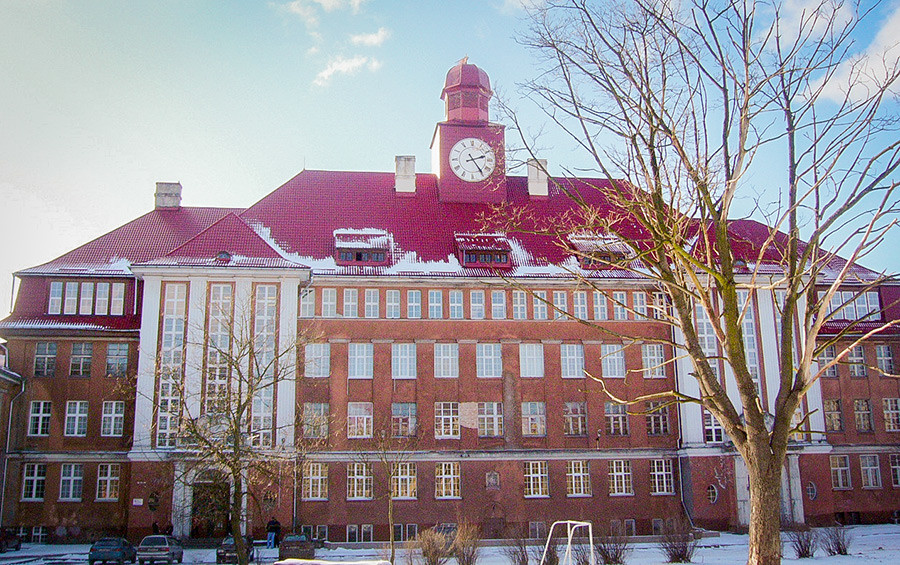
Although the Baltic Federal University’s predecessor campus, the Germany University of Konigsberg, was badly damaged during WWII, many of its original structures remain intact. Much like the rest of Kaliningrad, a stroll through the university can give the feeling of being in Imperial Prussia.
Website: eng.kantiana.ru
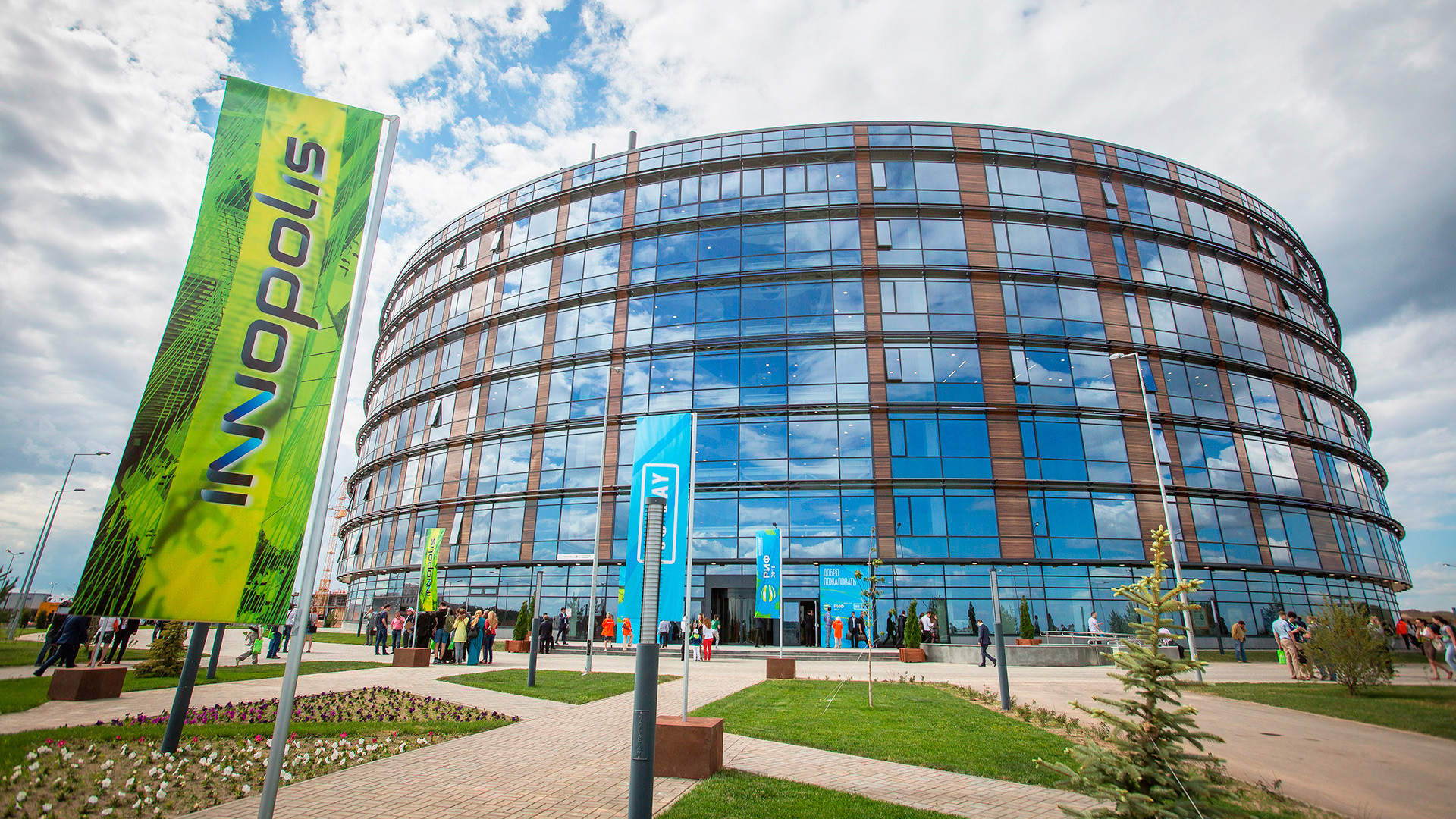
Russia’s newest university in the pristine new village of
Website: www.innopolis.com
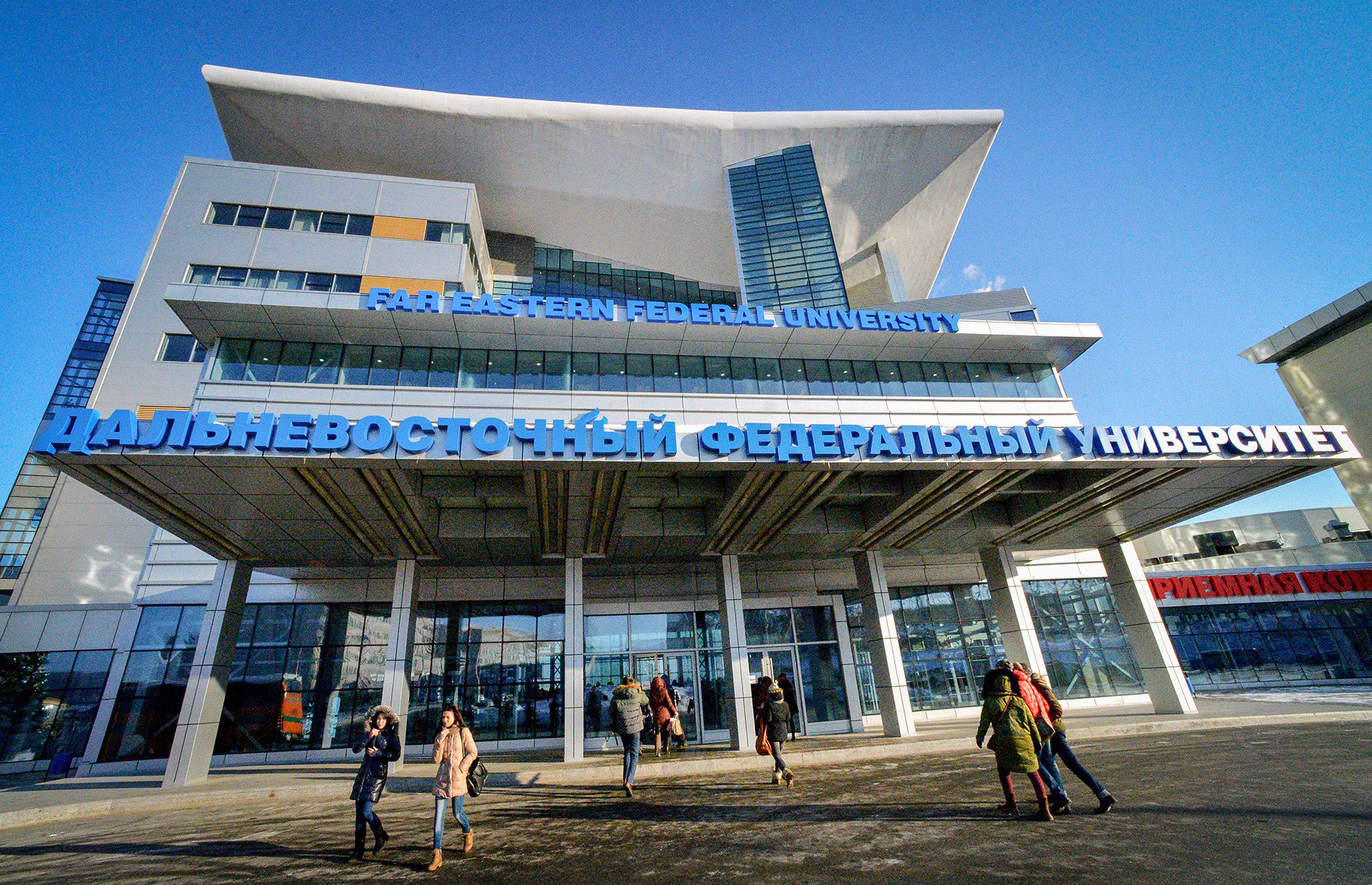
Having recently united with four nearby universities, the Far Eastern Federal University on Vladivostok’s Ajax Bay embankment makes it one of the most scenic locations in the country.
Designed as a “town within a town,” the Vladivostok campus boasts various parks, alleys, and sports complexes, not to mention perhaps the most modern student dorms in all of Russia (which means you probably won’t be needing our survival guide there).
Website: www.dvfu.ru
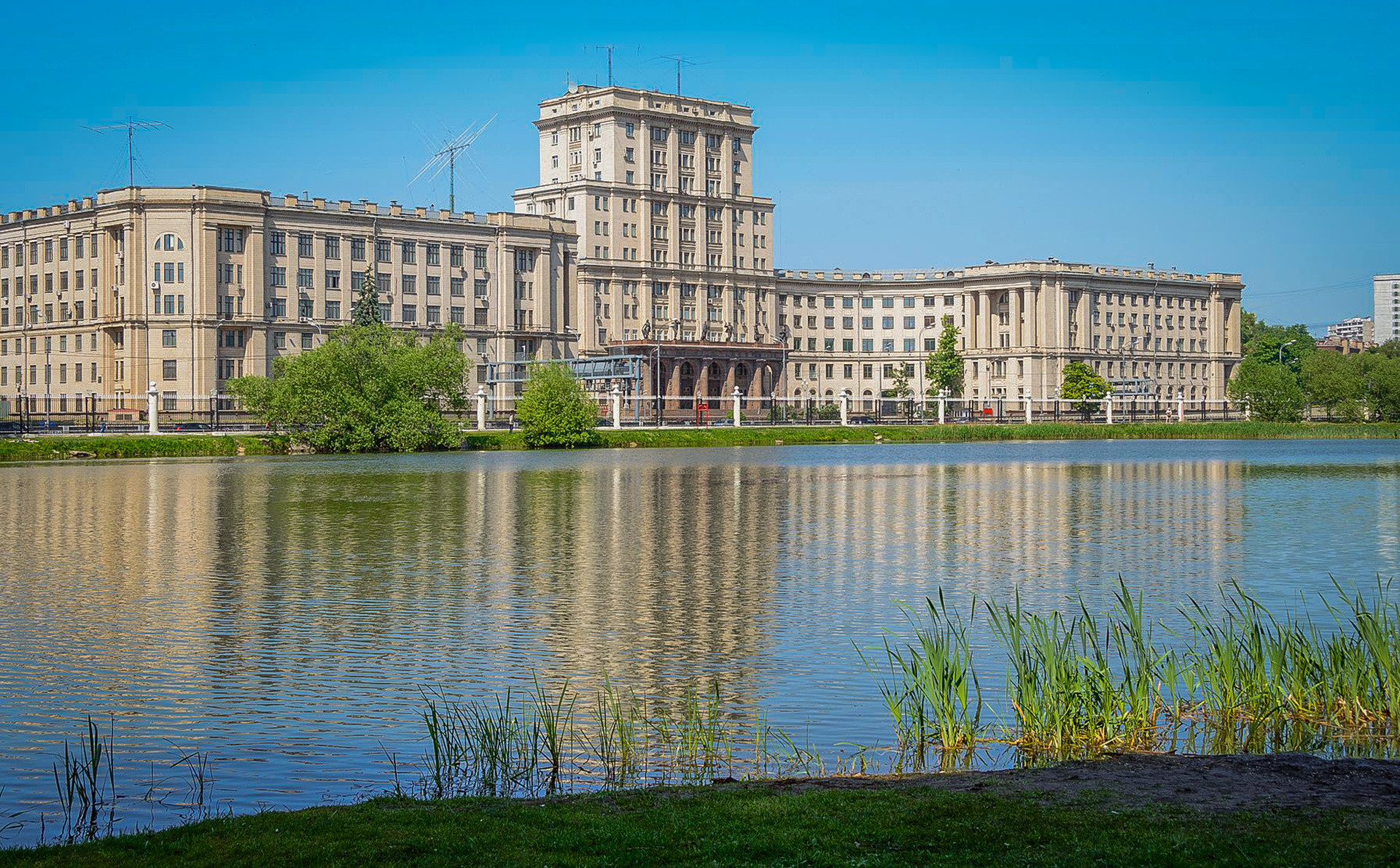
Russia’s second-oldest university has
Website: www.bmstu.ru
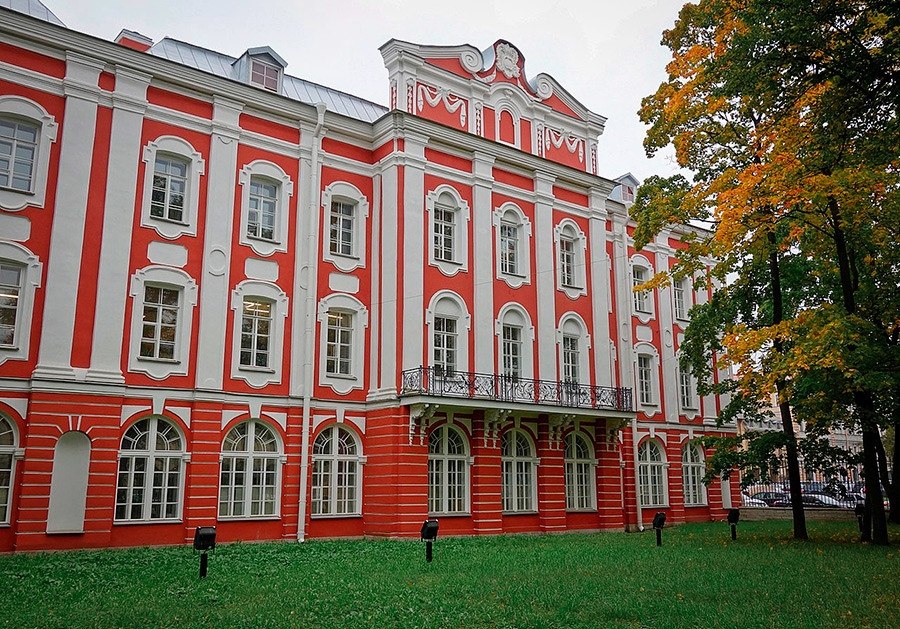
St. Petersburg is home to a whole host of stunning universities – first on our list is Vladimir Putin’s alma
Entering the world as early as 1724 as a grand educational scheme of Peter the Great, the campus now operates in several scenic locations across the city, including the elegant red Twelve Collegia building on Vasilievsky Island (with the world’s longest academic hallway inside) and the panopticon-like economics and finance faculty in the city’s downtown.
Website: spbu.ru
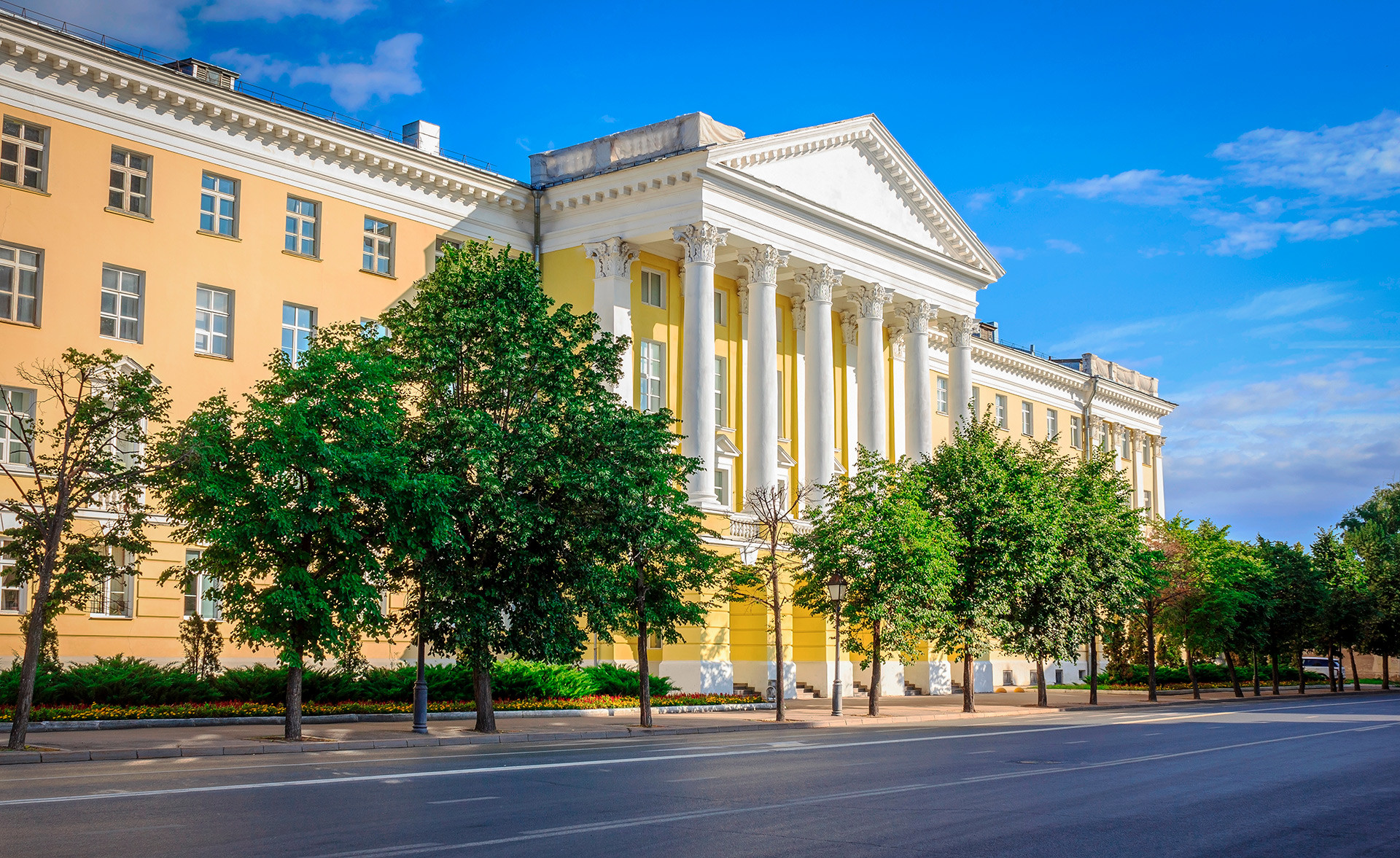
The so-called “pride of Kazan” is as elegant as it is unpretentious. Completed in 1830, this neoclassical university campus in downtown Kazan follows all the rules of its time – from clear, straight lines to symmetrical, eye-catching columns. It’s no surprise that the university has been on the Russian Register of Cultural Heritage Sites since of 1996.
While the main campus tends to get most of the attention, the complex is also home to a series of neoclassical marvels, such as Institute of Chemistry, the Tatar State Library, or the University Observatory. You’re spoiled for choice here.
Website: kpfu.ru
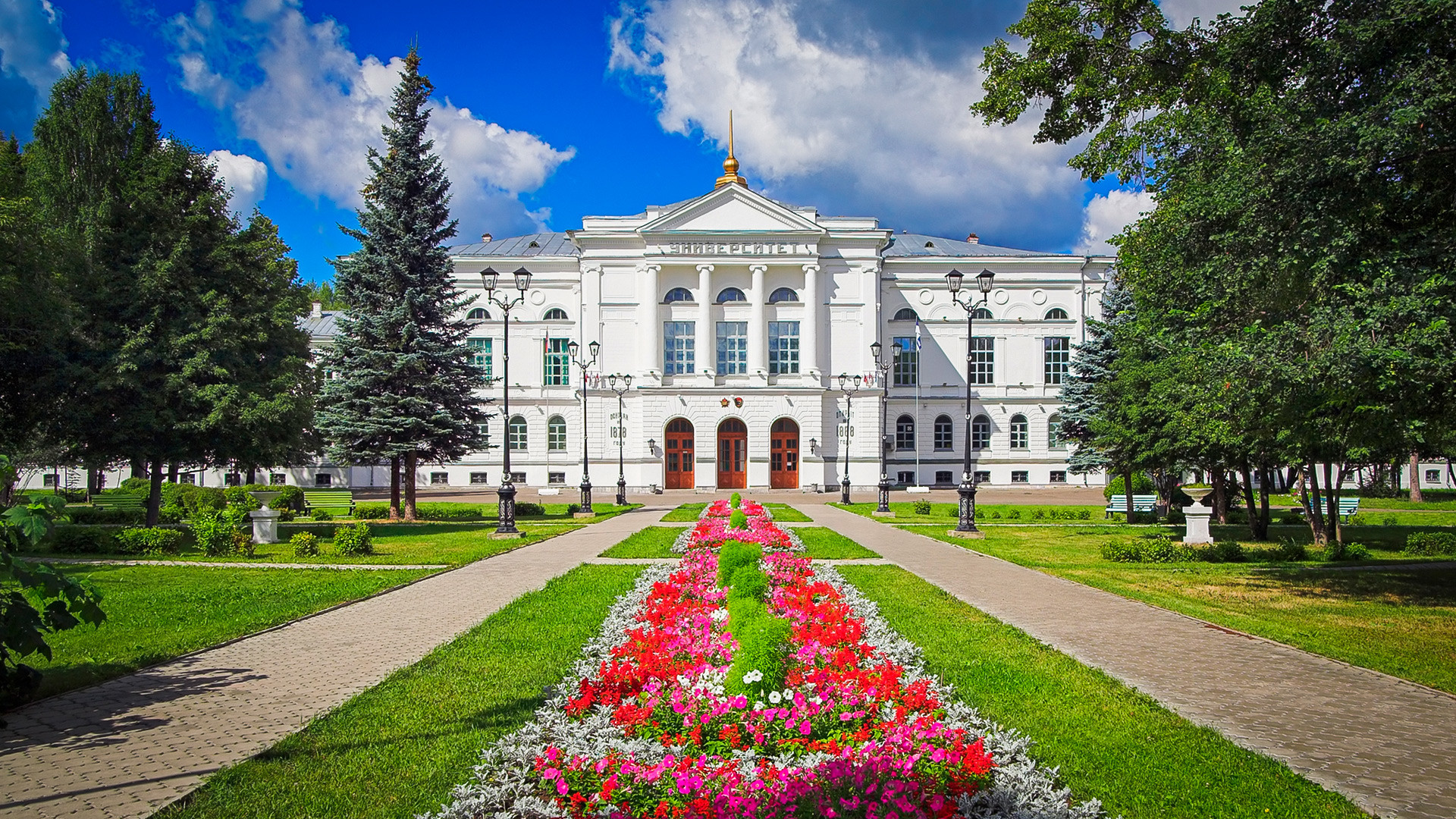
Tomsk got its own classical marvel in
Website: tsu.ru
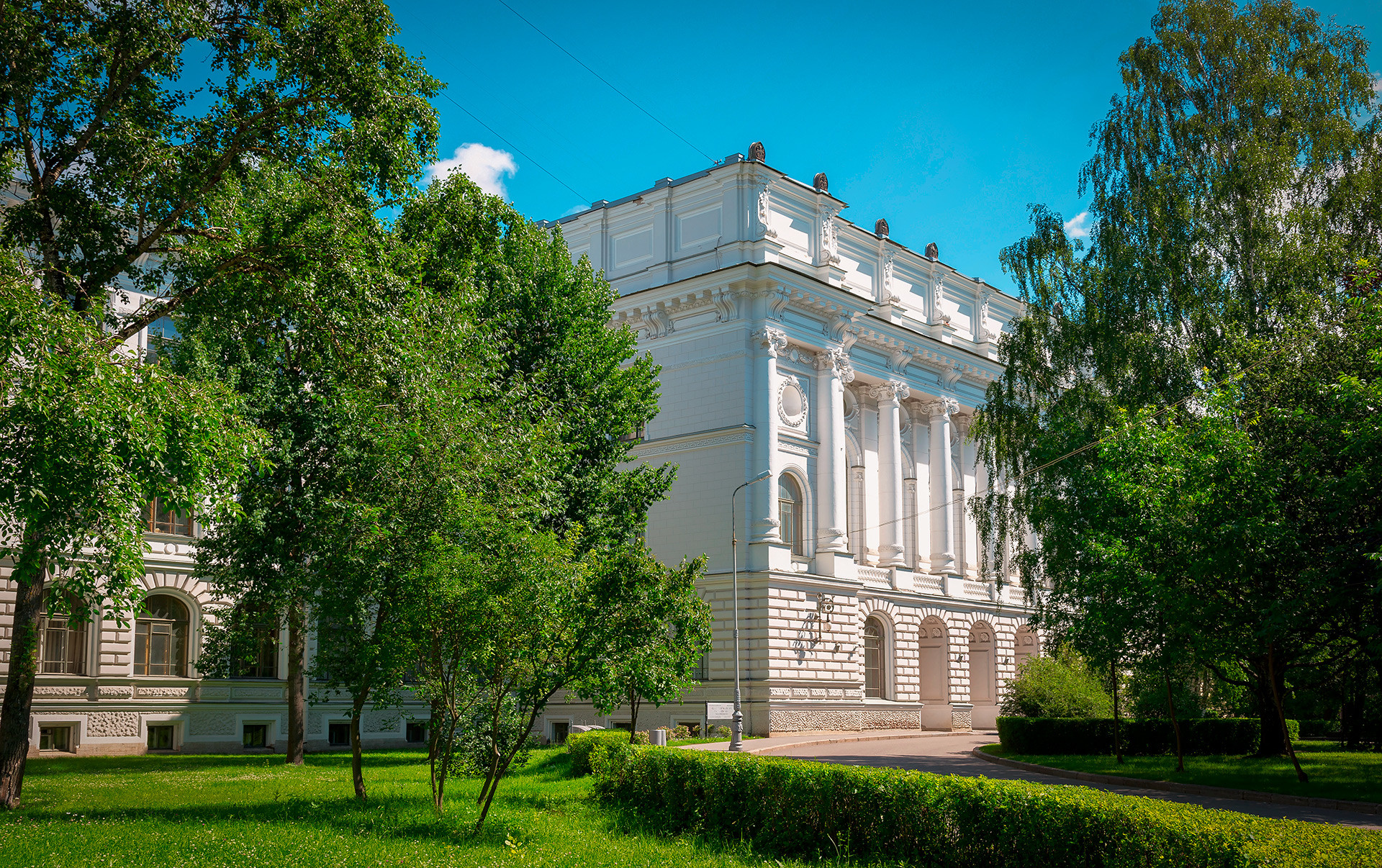
Commissioned in 1899 by Finance Minister Count Sergei Witte and legendary chemist Dmitri Mendeleev, St. Petersburg Polytechnic was always intended to be a statement of Imperial grandeur. The neoclassical institution is best characterized by its magnificent Roman archways, grandiose staircases, and extravagant chandeliers which were built to resemble the campuses of Oxford, Cambridge, and the Technical University of Berlin. Located outside the city center near the village of Sosnovka, the campus is also dotted with ample verdure, which becomes truly stunning in the summertime.
Website: spbstu.ru
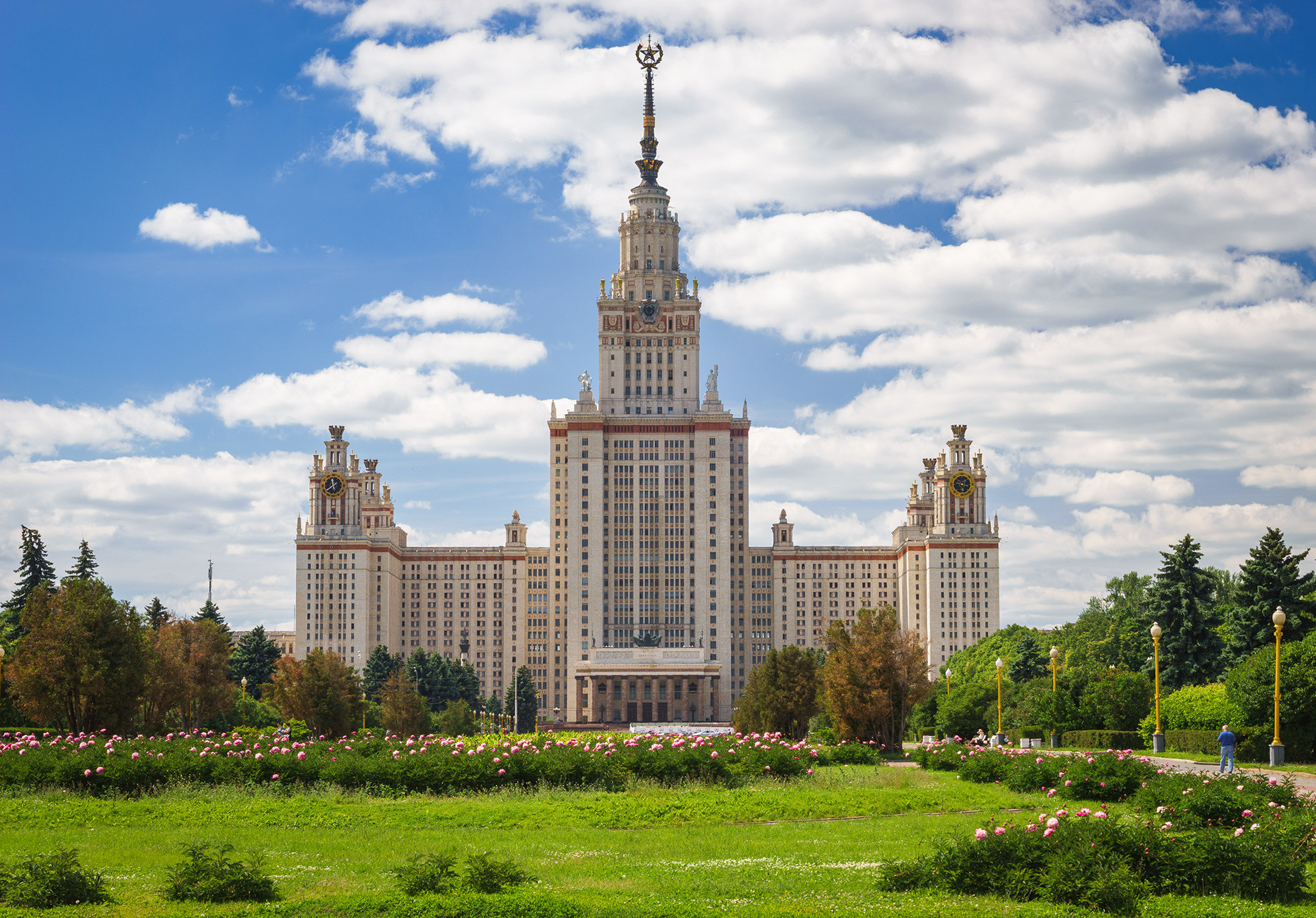
While the university’s history goes back to 1755, the main building (its most iconic feature, and incidentally, the world’s highest university building) was erected just over 50 years ago in 1953.
Perhaps the world’s best-known
Website: www.msu.ru

The academy of the “three most important arts” appeared in St. Petersburg in 1757 on the initiative of Mikhail Lomonosov. Standing on the Neva embankment like a building straight out of Paris or Amsterdam, so beautiful is this institution that it gives the Hermitage a run for its money in terms of beauty. A case in point is the university’s main hall, whose glass dome sits atop a foray of vast, decorative flooring, and
Having left such an enormous mark on Russian art history, the university accepts just 1,000 elite classical art students to its ranks each year, but also provides a comprehensive English-language summer school for foreigners. Check out the students in action through this awesome documentary, filmed by our friends over at RT:
Website: rai-summer.blogspot.
If using any of Russia Beyond's content, partly or in full, always provide an active hyperlink to the original material.
Subscribe
to our newsletter!
Get the week's best stories straight to your inbox